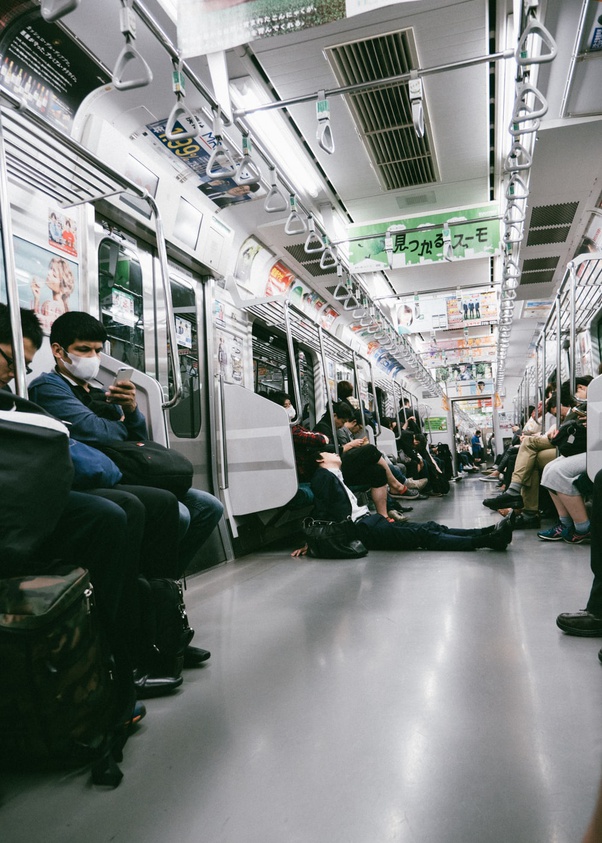 Michael Laitman, On Quora: “What will happen if the coronavirus comes back in a second wave?“
Michael Laitman, On Quora: “What will happen if the coronavirus comes back in a second wave?“
If we thought that the pandemic was under control, the time has come to think again.
The second wave of the coronavirus is already being widely discussed, even though the first wave never really stopped.
The economy’s reopening has helped bolster an influx of COVID-19 outbreaks worldwide, and we once again face an uncertain future with regard to the pandemic.
I am certain, however, that our world has undergone an irreversible change, and that we would be wise to realize how nature tightens our dependence on each other.
As much as we want it to become a thing of the past, the coronavirus is here to stay for a while. We need to come to terms with it being with us for a long time, and we should revise our socio-economic approach accordingly.
The World Bank has stated that the pandemic will be responsible for the biggest recession since the Second World War. We can still expect the closure of many businesses, a dramatic rise in unemployment, and as more and more people dig into the depths of their savings accounts, more and more people will face unpayable loans, rents and mortgages.
The immense changes we are brought to demand that we make some changes on our own behalf.
What should those changes be?
To start with, people’s essential needs have to be met.
Authorities should make sure that their populations receive essential goods and services, adjusting their budgets accordingly.
We will also need to get used to luxury goods losing their allure. There will be no need to invest in saving or reviving luxury goods businesses due to their diminished demand. Also, the increased awareness about the ecological harm that many such businesses contribute to further illustrates their non-necessity.
Our lives are on track to become calmer and more essentials-focused than we have been used to, and which our prior economy failed to prepare us for.
Any desires for surplus, any drives to progress and make breakthroughs in society, should likewise also be refocused. There is endless room for developing positive connections in society, and we would be wise to focus our growth on improving human connections.
By doing so, we would be on track to a whole new reality than the one we currently know, one where we experience our tightening interdependence not as a growing burden, but as an opportunity to exercise positive relations and share in a newfound harmony, happiness and confidence throughout society.
Likewise, after taking care of people’s essential needs, authorities would do well to implement a system of payment-based connection-enriching education, which will secure people’s needs via their participation in learning about today’s new interdependent conditions, as well as support active endeavors to develop a more positive social atmosphere.
Ultimately, the coronavirus is leading us to a much more natural form of existence. By highlighting our interdependence, it forces us to consider how we relate to each other, and we can already conclude that if we try to increase our care for each other, then we will live healthier, safer and happier lives.
Social distancing conditions have given us space for introspection, to see that genuine connection lies in our refined attitudes to each other.
As our pre-coronavirus socio-economic foundations become increasingly rickety the more we head deeper into coronavirus times, the uncertainty and anxiety about the future can quickly become filled with a renewed confidence in a society of people who have their needs secured, and who grow increasingly positive connections to each other on a daily basis.
We can think of the coronavirus like a treadmill that humanity has started walking on, and when we get off of this treadmill, we will have lost a lot of the materialistic-competitive fat that was weighing us down before the pandemic.
Now more than ever, we need to stay focused on our new stage of growth, that what nourished us in our previous stage no longer works, and to meet our new conditions, we need to develop positive connections to each other.
Above photo by Max Anderson on Unsplash.


No comments:
Post a Comment